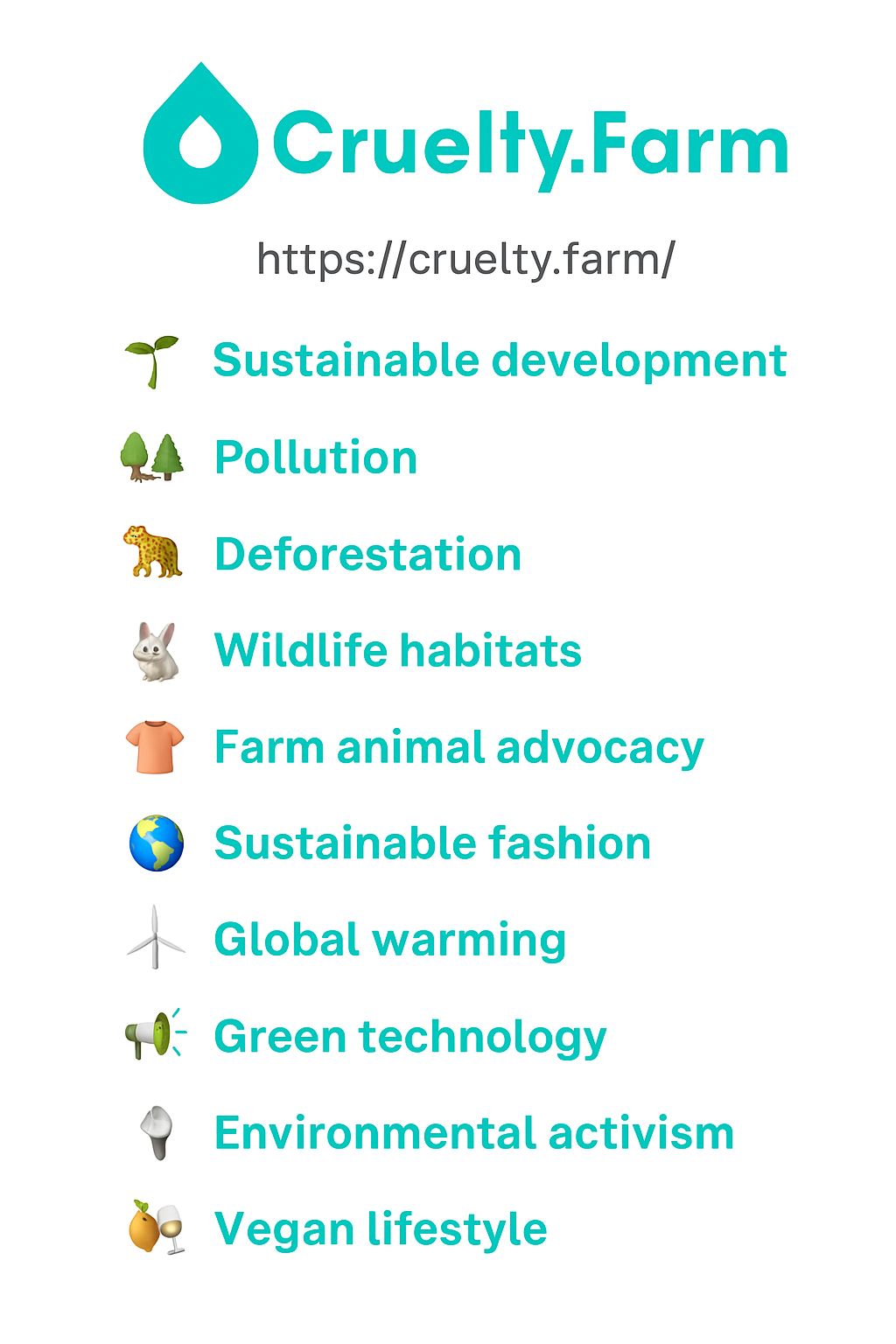Ocean Conservation: Protecting the Blue Heart of Our Planet
Cuerpo

Covering more than 70% of the Earth’s surface, the ocean is the largest ecosystem on the planet and a critical component of life on Earth. It regulates our climate, produces more than half of the oxygen we breathe, and supports a vast diversity of marine life. However, human activity has placed immense pressure on ocean health, making ocean conservation an urgent global priority.
Why Ocean Conservation Matters
The ocean is essential to human survival and environmental stability. It plays a major role in:
- Climate regulation: Oceans absorb about 30% of carbon dioxide emissions and over 90% of excess heat from global warming.
- Oxygen production: Marine plants, especially phytoplankton, generate more oxygen than all the rainforests combined.
- Biodiversity: Coral reefs, mangroves, and deep-sea environments support millions of species.
- Livelihoods and food security: Billions of people depend on the ocean for food, income, and transportation.
Despite its importance, the ocean is under severe threat from pollution, overfishing, habitat destruction, and climate change. If left unprotected, the ocean’s ability to support life—both marine and human—will continue to decline.
Major Threats to Ocean Health
- Plastic Pollution
Every year, millions of tons of plastic enter the ocean. These plastics don’t biodegrade; they break down into microplastics, which are ingested by marine animals and eventually make their way into the human food chain. - Overfishing
Unsustainable fishing practices have led to the depletion of many fish populations. Bycatch (the capture of non-target species) and destructive techniques like bottom trawling damage ocean habitats and biodiversity. - Climate Change
Rising ocean temperatures are causing coral bleaching, sea level rise, and more frequent extreme weather events. Increased carbon dioxide is also acidifying the ocean, making it harder for shellfish, corals, and other organisms to survive. - Habitat Destruction
Coastal development, pollution, and destructive fishing are damaging vital marine ecosystems such as coral reefs, mangroves, and seagrasses—areas that serve as nurseries and feeding grounds for countless species. - Oil Spills and Chemical Runoff
Industrial spills and agricultural runoff introduce toxic substances into the ocean, poisoning marine life and damaging ecosystems.
How We Can Conserve the Ocean
Ocean conservation requires action at all levels—from individual choices to international cooperation. Here are key strategies:
- Establish Marine Protected Areas (MPAs)
MPAs safeguard important marine ecosystems from exploitation, allowing biodiversity to recover and thrive. - Support Sustainable Fishing
Consumers can choose sustainably sourced seafood certified by programs like MSC (Marine Stewardship Council) or avoid overfished species altogether. - Reduce Plastic Use
Switch to reusable bags, bottles, and containers. Avoid single-use plastics like straws, cutlery, and packaging. Support policies that limit plastic production and improve waste management. - Combat Climate Change
Reducing fossil fuel consumption, increasing energy efficiency, and supporting renewable energy are crucial to slowing ocean warming and acidification. - Restore Coastal Ecosystems
Efforts to restore mangroves, coral reefs, and seagrasses can improve ocean health and protect coastlines from storms and erosion. - Raise Awareness and Educate
Public knowledge and advocacy are essential. Teaching communities, especially youth, about ocean conservation helps build a culture of respect and responsibility for the seas.
The Role of Policy and International Cooperation
Government policies and global agreements play a critical role in ocean protection. Treaties like the United Nations Convention on the Law of the Sea (UNCLOS) and the High Seas Treaty aim to regulate activities in international waters. Enforcing laws against illegal fishing, investing in marine research, and promoting sustainable coastal development are all essential government actions.
Conclusion
The ocean is more than just a vast body of water—it is the lifeblood of our planet. Protecting it is not just an environmental issue; it’s a human one. By making informed choices, supporting sustainable practices, and advocating for stronger policies, we can ensure that the ocean continues to sustain life for generations to come. The time for ocean conservation is now—before the tides turn too far.













Comentarios